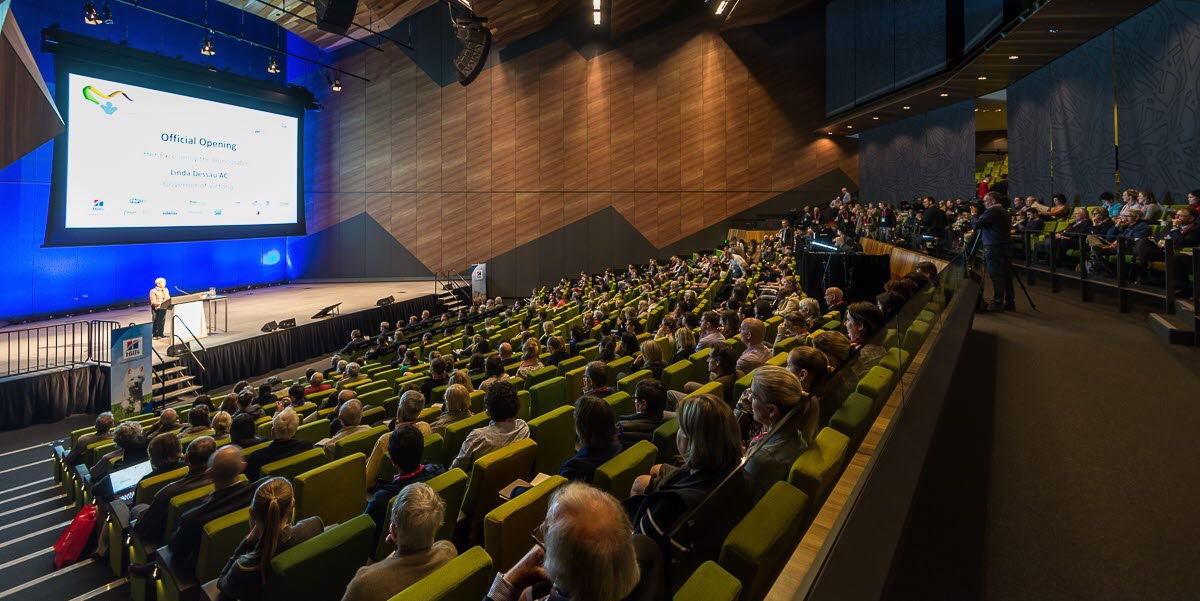What's continuing veterinary education?

Completing a degree in veterinary science is only the beginning of a life-long journey of learning and continuing professional development. The veterinary profession is continually evolving and it is important for veterinarians to keep up to date on new treatments, scientific research and technology associated with the veterinary industry to provide the best up to date care for their patients.
The Australian Veterinary Association (AVA) plays a big role in assisting and providing a platform for continued education for veterinarians. Each year the AVA holds an annual conference for veterinarians with a line-up of local and international speakers, who are experts in their fields, to share the latest information with colleagues. It also allows numerous exhibitors to display the newest innovations in veterinary products and services and holds scientific sessions and workshops. More information regarding the AVA annual conference can be found at http://conference.ava.com.au/.
The AVA also has a large number of special interest groups which provide opportunities for members with shared interests or expertise to develop their skills and knowledge within a specific area. These groups provide relevant and focused continuing professional development, networking and social activities, as well as newsletters and journals to keep members informed on the latest innovations in their field of expertise. Follow this link to find out more information on these special interest groups.
Reading scientific journals are another great way to keep up to date with the industries latest breakthroughs and innovations. The Australian Veterinary Journal (AVJ) is Australia’s premier veterinary science text, distributed monthly to over 5,500 AVA members and several thousand Australian and international subscribers. For more than 90 years the journal has provided the latest information to the profession, including disease updates, veterinary education and legislation, practice innovation, products and services as well as cutting-edge peer reviewed scientific papers. More information on the AVJ can be found here.
Some universities and specialist groups also offer post-graduate training in many disciplines and subjects, such as diagnostic imaging and surgery, in the form of short courses, seminars or workshops.
Most veterinarians work in one field, such as small animals, horses, or livestock and communicate regularly with their peers in their chosen sector, through conferences, network groups and publications.
Some veterinarians choose to undertake further study and exams to specialise in particular areas of interests within their chosen field. To become a specialist, registered veterinarians must undergo extensive advanced supervised training, culminating in the passing of a rigorous set of examinations. Some of the areas with which a veterinary may choose to specialise include:
- Surgery
- Dentistry
- Physiotherapy
- Animal Behaviour
- Diagnostic imagery
- Internal medicine
- Exotic animals
- Emergency and critical care
- Infectious diseases
- Oncology
- Neurology
- Cardiology
- Anaesthesia
- Dermatology
- Ophthalmology
- Clinical pathology
- Nutrition
